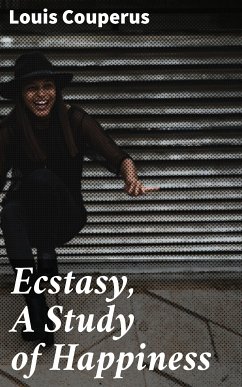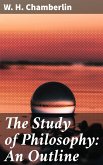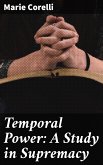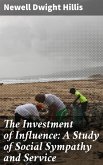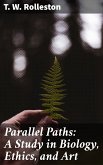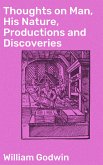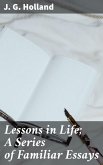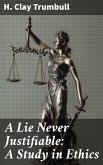In "Ecstasy, A Study of Happiness," Louis Couperus intricately explores the philosophical and emotional dimensions of happiness, weaving a rich tapestry of narrative that intertwines lyrical prose with profound psychological insights. Set against a backdrop of lush landscapes and the complexities of human relationships, Couperus invites readers to ponder the interplay between ecstasy and everyday life. His style reflects the psychological realism characteristic of late 19th-century literature, while simultaneously incorporating Impressionist elements that evoke a sensory experience of the world around his characters. Through vivid imagery and reflective musings, he delves into the elusiveness of happiness, making it not only a theme but a driving force of the narrative. Born in 1863 in The Hague, Louis Couperus was steeped in the rich literary heritage of the Netherlands, where he was influenced by the Symbolist movement and the philosophical inquiries of his time. His own experiences with emotional turbulence and societal expectations permeate his works, driving him to investigate the paradoxes of joy and sorrow. This blend of personal insight and cultural critique deeply informs the narrative voice in "Ecstasy," revealing Couperus's commitment to examining the human condition. I wholeheartedly recommend "Ecstasy, A Study of Happiness" to readers who seek a thoughtful examination of the nature of happiness amidst life's transient pleasures. Couperus's masterful storytelling and philosophical depth provide a unique lens through which to reflect on one's own experiences of ecstasy and fulfillment. This profound work invites contemplation, making it a compelling addition to the canon of literary explorations of the human psyche.
Dieser Download kann aus rechtlichen Gründen nur mit Rechnungsadresse in A, B, BG, CY, CZ, D, DK, EW, E, FIN, F, GR, H, IRL, I, LT, L, LR, M, NL, PL, P, R, S, SLO, SK ausgeliefert werden.

